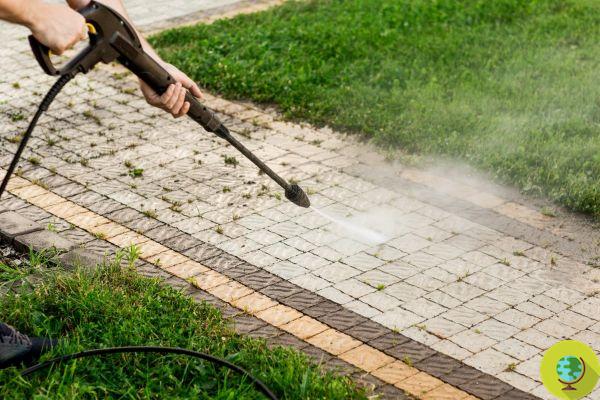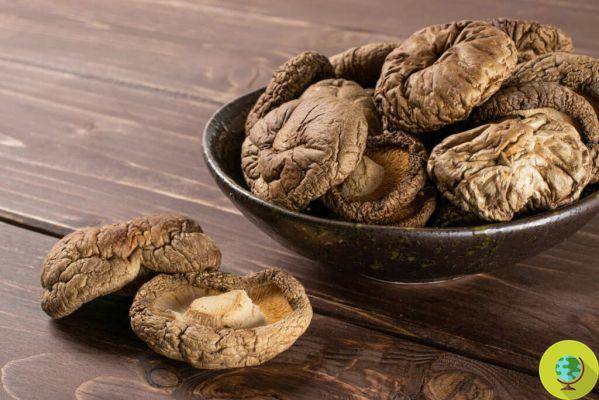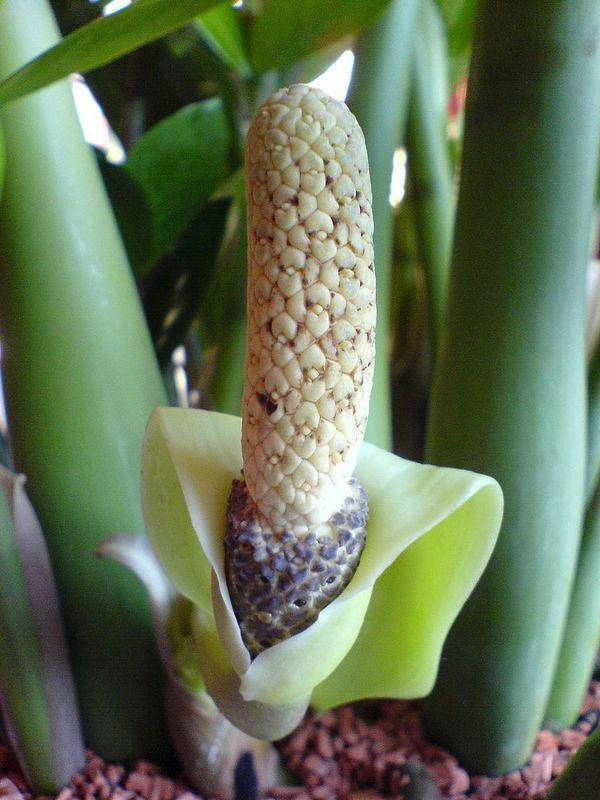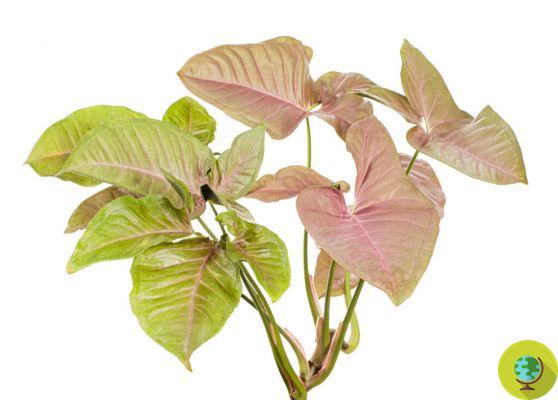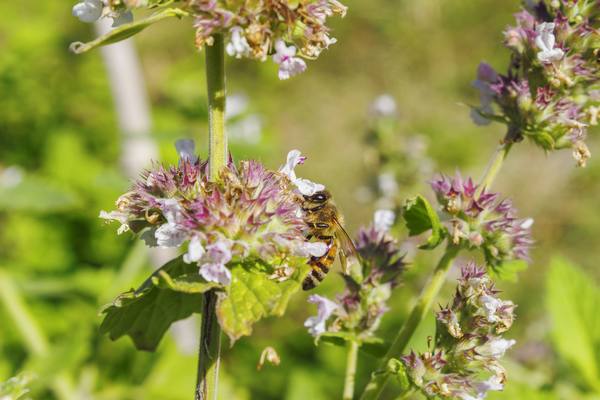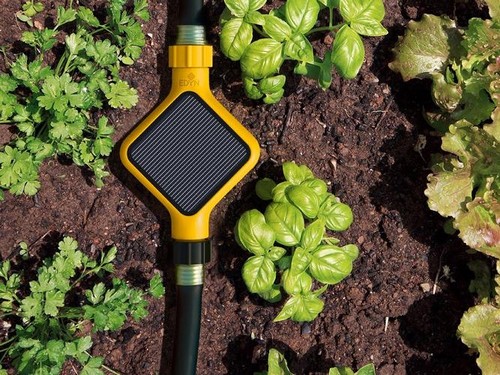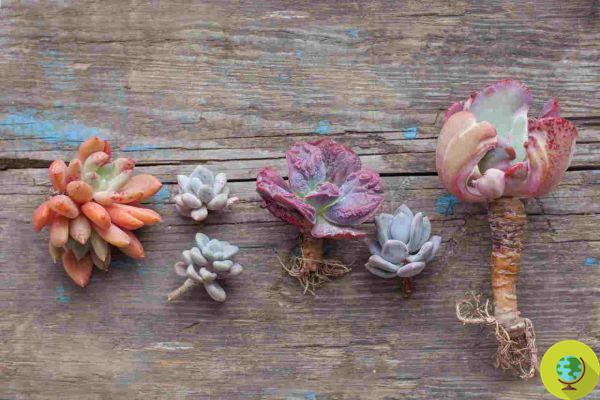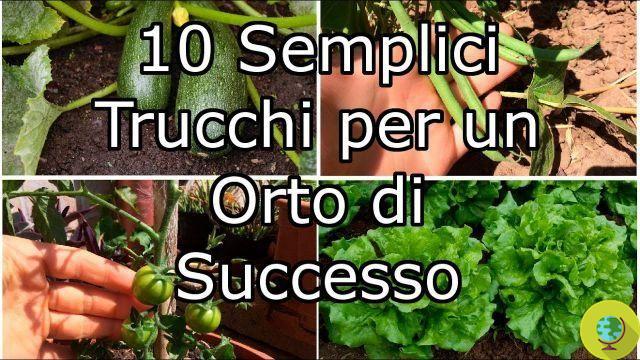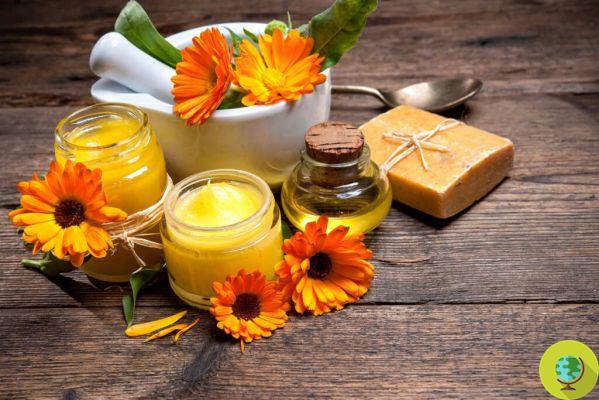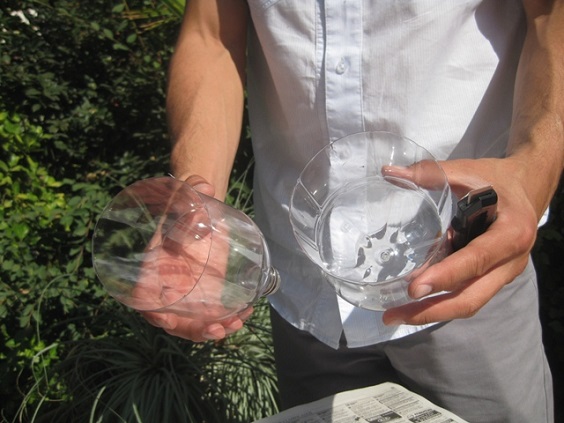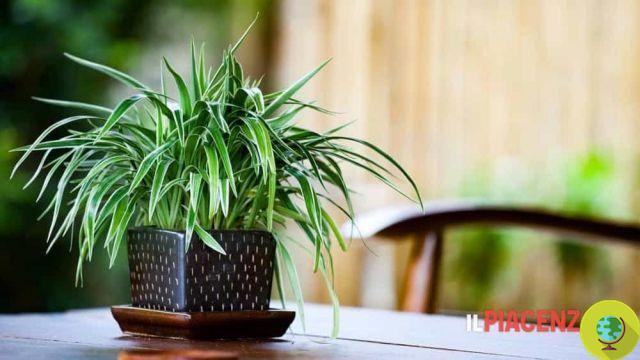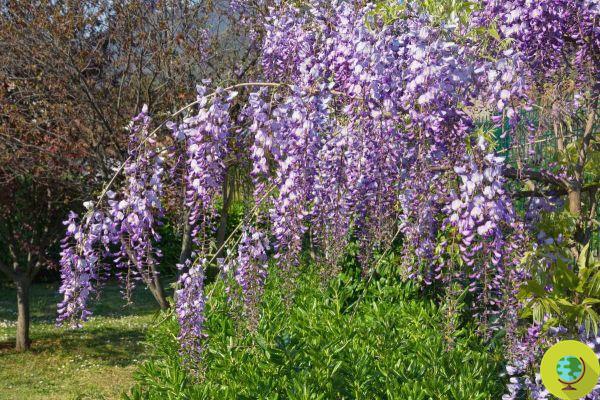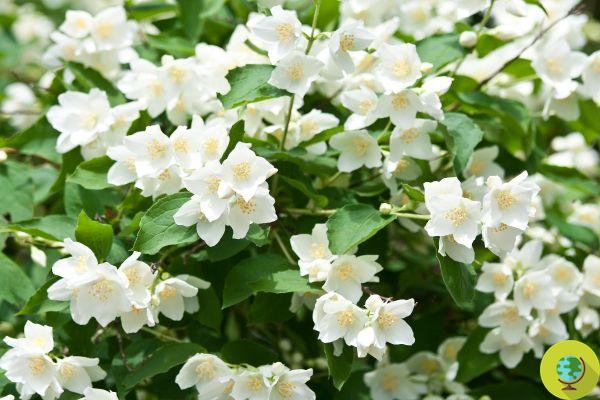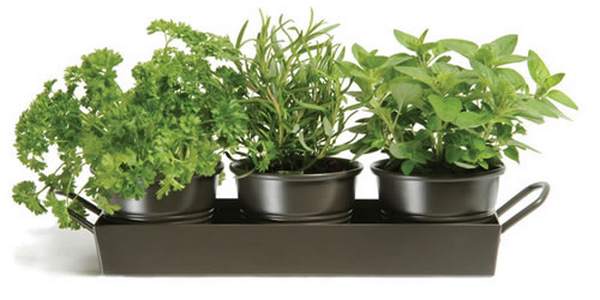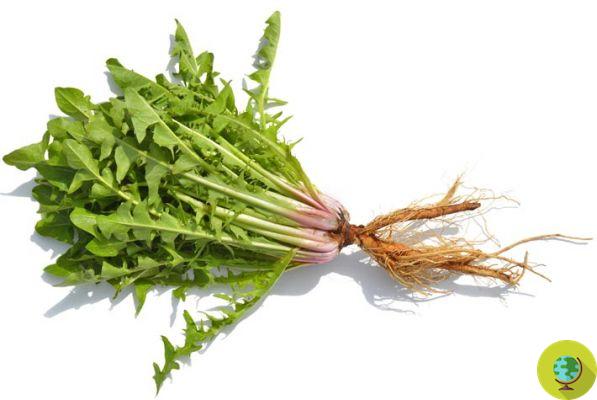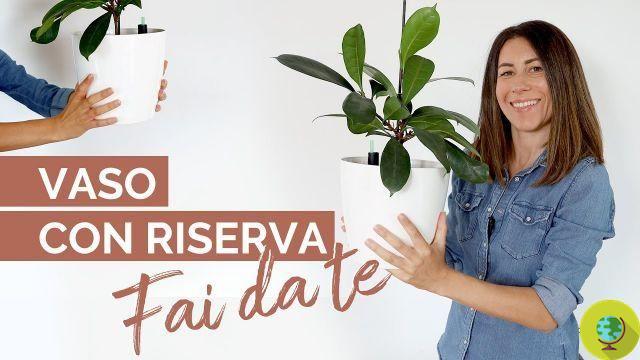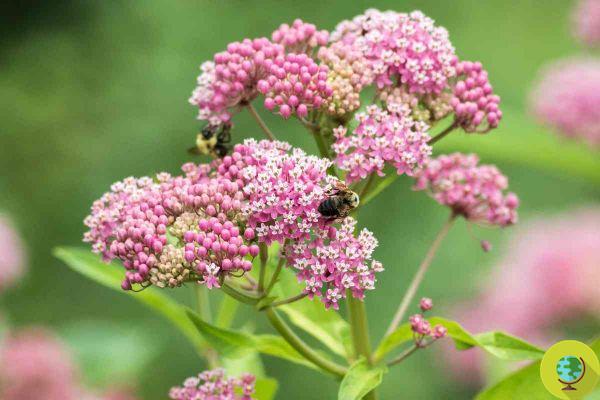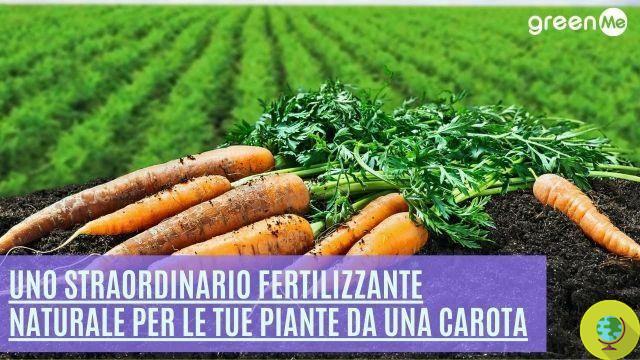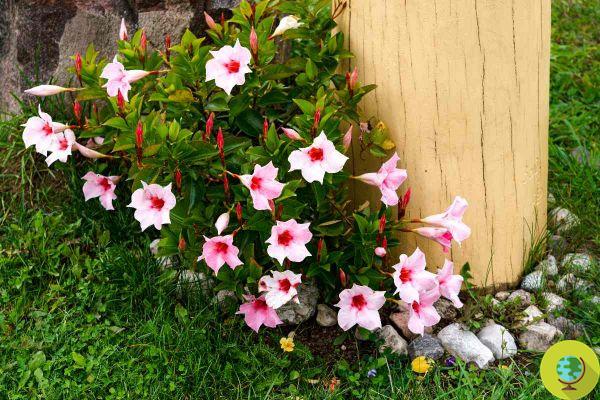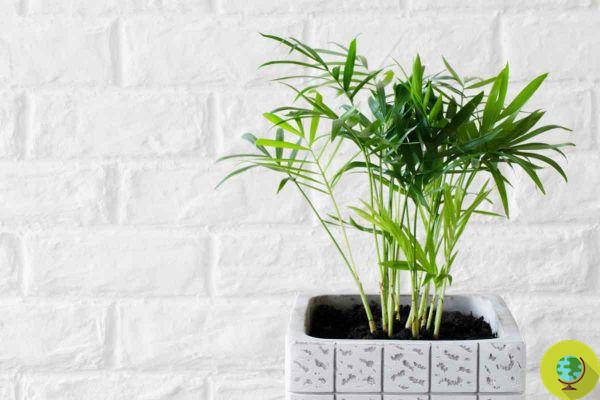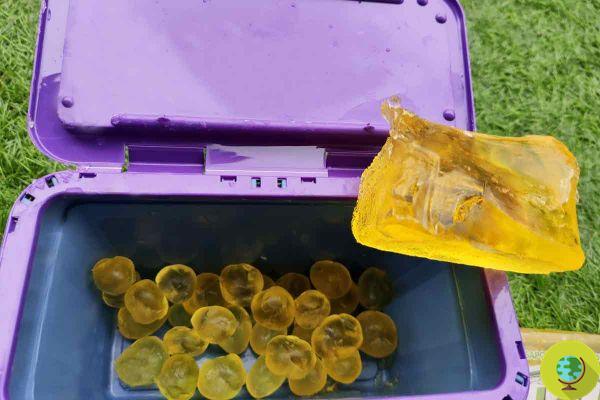
One of the natural remedies that can help us fight aphids and cochineal is an ecological soap that you surely have available. Let's see which soap we are referring to.
- aphids and mealybugs I am the nightmare of every person with a green thumb. The former are also known by the name "plant lice”, Very small insects that often attack the crops in the garden and that nest mainly on the leaves and suck their sap. Mealybugs are a close relative of aphids, as they too are tiny insects that feed on the sap of houseplants or fruit trees and lead in the long run to the weakening and death of plants. (Read also: Insecticides against aphids and pests: which are the best, not dangerous for bees and humans, according to the German test)
One of the remedies that can help us fight these dangerous plant enemies is the soft potassium soap with coconut oil, an ecological cleaner famous for its low environmental impact and very affordable selling price.
How potassium soft soap can help us in plant care
Soft soap is a soap based on potassium salts of fatty acids that can be used both for hand and machine washing, but also for plant care. It is a product with a low environmental impact, as it is composed of three biodegradable substances: water, coconut oil and glycerin.
Soft soap is used by many farmers as it is extremely effective in combating pests that infest plants and orchards. It differs from other types of insecticides and pesticides that are toxic to humans and the environment because it is a natural, ecological, biodegradable and easy to use remedy. The ingredients and accessories needed to prepare it are:
- 12 g of soft soap,
- 1 liter of water,
- a spray bottle.
Il process to follow is to completely dissolve the soap in the water and pour the mixture into the spray bottle. The instructions to apply it I'm:
- use the product early in the morning or during the evening, avoiding high temperatures or the hours when there are pollinating animals;
- spray the mixture on every part of the leaves, in order to maximize its effectiveness;
- if after the first 24 hours there are still parasites, repeat the application for a maximum of 3 days every 24 hours, not a day more because the plant could get stressed and damaged.
Other considerations to keep in mind:
- Not all plants tolerate potassium soft soap (e.g. gardenias, azaleas, cherries, plum trees and cucumbers), consult with your trusted nurseryman before starting a treatment with this product.
- A little trick to understand if our plant tolerates this type of treatment is to first do a small test on a single leaf. If after a couple of days the leaf or the treated part does not show spots or the edges of the leaves do not curl, it means that our plant has a high probability of being suitable for care with potassium soft soap.
- Avoid using it during the flowering period, as it is extremely toxic to pollinating insects such as bees.
Better not to use soft potassium soap on plants that are stressed, sick or that have just undergone a transfer or transplant.
Follow your Telegram | Instagram | Facebook | TikTok | Youtube
You may also be interested:
- Powdery mildew: how to eradicate the white sickness from your plants without using chemical fungicides
- Expired mayonnaise? Don't throw it away, use it on plants like this, the result is incredible
- If your plant has yellow leaves you are probably making one of these 5 mistakes
- Tips and tricks to protect and fertilize roses with… a banana peel!
- Natural fertilizers: the 3 best ways to fertilize plants without buying chemicals




